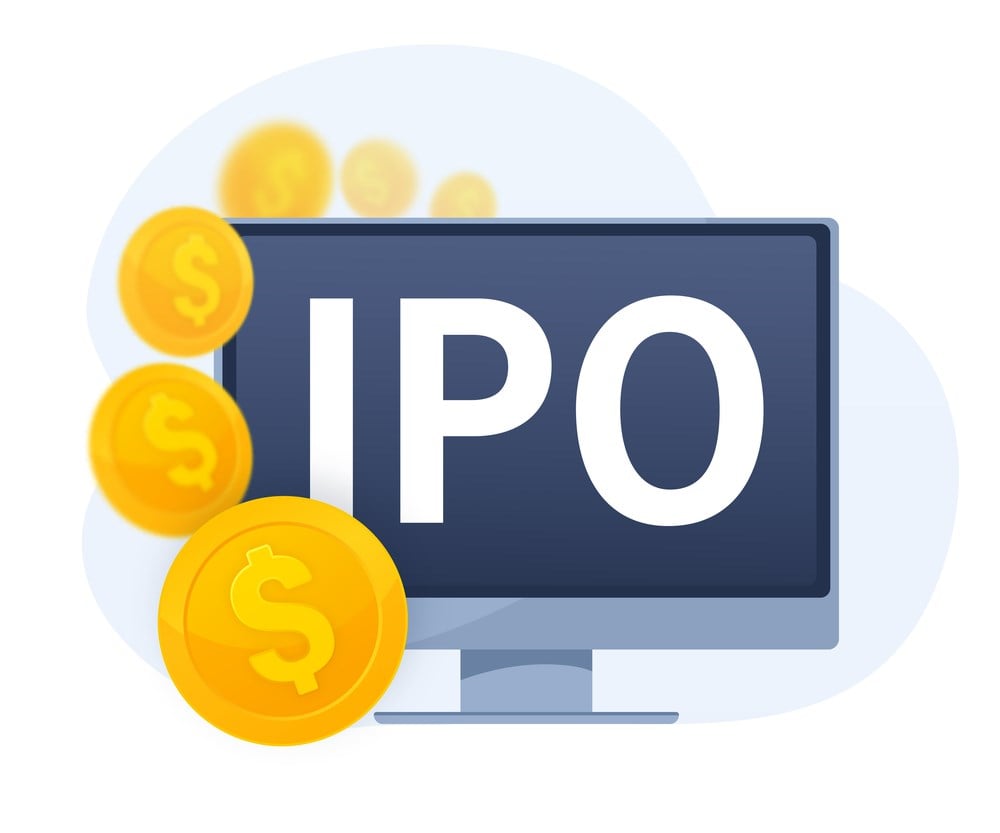
You may know the name Instacart, particularly if you see its shoppers picking out and bagging items in your local grocery store.
But the public learned something new on September 19 when the stock went public: Its corporate name is actually Maplebear Inc. (NASDAQ: CART), but it’s a safe bet that most people will continue to refer to it as Instacart.
The grocery delivery service made its debut in a public offering valued at $9.9 billion, with shares priced at $30 apiece, at the top end of its expected range of $28 to $30.
Instacart’s fate has been tied to the broader market, as well as the shriveling of the IPO market in 2022 and the first part of 2023. In early 2021, when grocery delivery was catching on in a big way because of the Covid pandemic, Instacart raised new capital at a valuation of $39 billion, which would equate to $125 a share.
Top venture capitalists piled in at that valuation.
Since then, things have changed, as Instacart’s much lower 2023 valuation shows you.
Early IPO Gains, But Stock Soon Turned South
The stock was showing signs of trouble in its opening day of trading. It popped to an intraday high of $42.95 within its first two minutes of being a public company, but it was downhill from there.
The Instacart chart shows you that slide. Shares finished their first day of trading at $33.70, just pennies above their session low of $33.67. The stock finished in the red on its second day, even gapping down, closing at $30.10. That was also near the session’s low, and marked a decline of 10.68%.
Instacart/Maplebear stock was trading slightly higher three hours into the session on September 21.
Although investors had hoped for a triumphant return of the IPO market, new offerings are fizzling. Arm Holdings plc (NASDAQ: ARM) hasn’t exactly strong-armed its way to gains since its September 14 debut; instead, the stock is trading below its IPO price of $61, and is down 12.91% so far for the week of September 18.
One wrinkle that may have contributed to the selloff on September 20: Instacart/Maplebear made only 7.9% of its shares available to the public, which includes institutional investors. That’s called a low float, and companies often do that to juice up demand relative to the supply of available shares. It can result in a stock popping on its opening day, with some early investors flipping shares immediately for a quick profit.
It’s not helping matters that the S&P 500 and the Nasdaq 100 have been selling off in the past three weeks, and that downward trend accelerated on September 20. That means new issues may be getting caught up in broad market selling.
Tech IPO Klaviyo Also Trading Lower
Investors tracking the health of the IPO market could also look to marketing software maker Klaviyo Inc. (NYSE: KVYO), which popped 9% in its September 20 debut. However, it was trading lower in the premarket on September 20, perhaps following the pattern of Arm and Instacart. Boston-based Klaviyo raised $576 million in its public offering.
For Instacart, there are business-specific risks.
Look to food delivery service DoorDash Inc. (NYSE: DASH) as a potentially cautionary tale. DoorDash stock went public in December 2020 at $102 per share.
On the DoorDash chart, using an extended view that goes back to November 2021, you’ll see the long decline in the stock, which bottomed out in October 2022. However, DoorDash is nowhere close to its 2021 valuations.
DoorDash revenue has been growing at double-digit rates, and analysts expect the company to turn a profit for the first time, starting this year.
DoorDash CEO: Not An Easy Business
While many may think of DoorDash as being their gateway to restaurant deliveries, the company is also in the grocery-delivery business, which means it’s competition for Instacart.
At a recent Goldman Sachs technology conference, DoorDash CEO Tony Xu said there’s a big opportunity in grocery delivery, but also said consumers consider the experience as “worse than the physical experience of buying your own” food at the store.
Indeed, consumers routinely complain that they don’t receive the items they want from Instacart and DoorDash grocery delivery, discouraging them from using the service again.
In other words, while grocery delivery seems like something consumers want, companies like Instacart and DoorDash have to get it right, if they’re to grow revenue at a fast clip.













